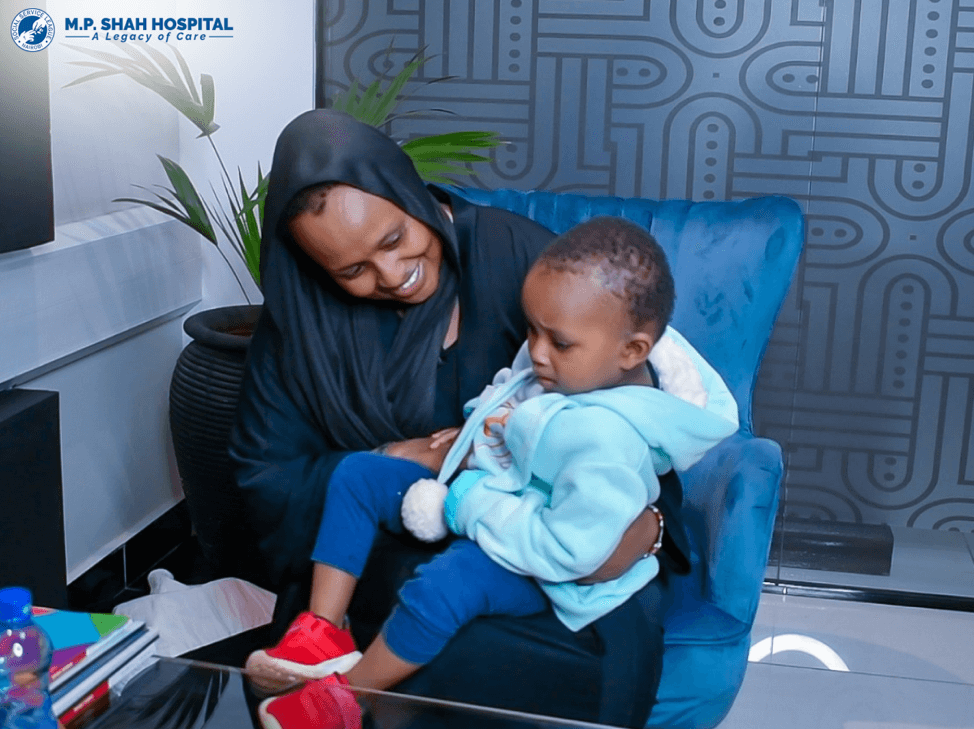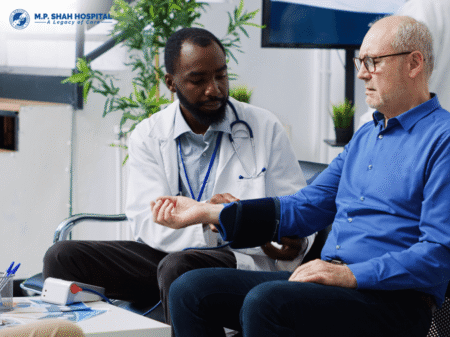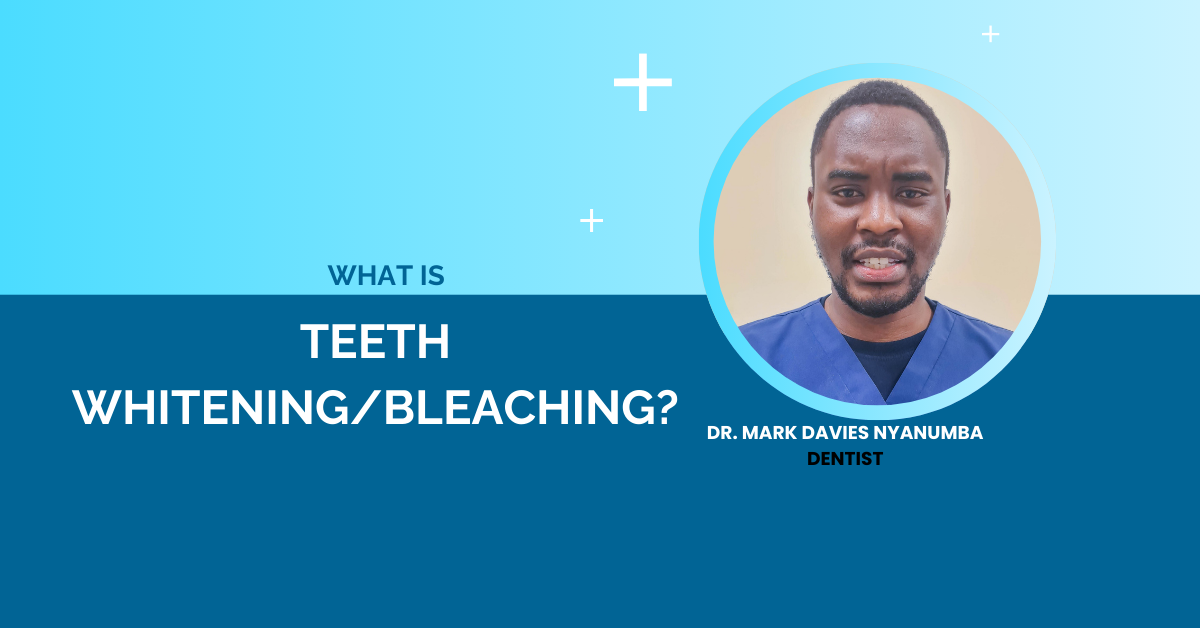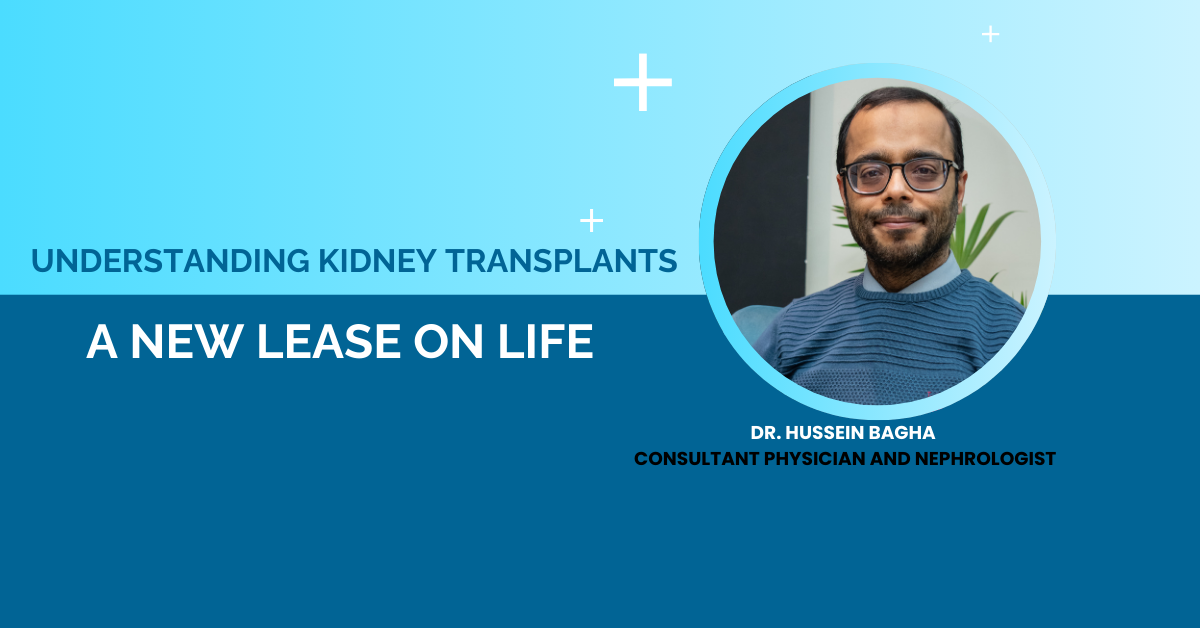M.P Shah Hospital is looking to recruit a professional and evidence-driven person for a vacancy in the Internal Medicine Department, as a Dermatologist.
DERMATOLOGIST–JOB ADVERT
Reporting to the Chief Medical Officer and Section Head of Dermatology in the department of Internal Medicine the overall purpose of the role is providing expert medical care in diagnosing and treating conditions affecting the skin, hair, and nails. Your role will involve performing thorough skin examinations, conducting and interpreting diagnostic tests, creating effective treatment plans for both acute and chronic dermatologic issues and attending Dermatological emergencies as and when required.
Duties & Responsibilities:
1. Examine patients to assess general physical condition.
2. Advise patients on preventive care techniques.
3. Keep record patient medical histories.
4. Counsel patients on topics such as the need for annual dermatologic screenings, sun protection, skin cancer awareness, or skin and lymph node self-examinations.
5. Diagnose and treat skin conditions such as acne, dandruff, athlete’s foot, moles, psoriasis, and skin cancer.
6. Perform skin biopsies to diagnose dermatological conditions
7. Perform Dermatological procedures to improve appearance, make early diagnoses, or control diseases such as skin cancer.
8. Recommend diagnostic tests based on patients’ histories and physical examination findings.
9. Read current literature, talk with colleagues, and participate in professional organizations or conferences to keep abreast of developments in dermatology.
10. Provide dermatologic consultation to other health professionals.
11. Train interns or residents in diagnosis and treatment of dermatological diseases.
12. Increase awareness about skin health and other dermatological issues
13. Refer patients to other healthcare practitioners or health resources, as needed.
14. Conduct research to increase knowledge about medical issues.
15. Provide therapies such as Intralesional steroids, cryo therapy, electrocautery, to treat age spots, sun damage, rough skin, discolored skin, or oily skin.
16. Evaluate patients to determine eligibility for cosmetic procedures such as liposuction, laser resurfacing, and microdermabrasion.
17. Analyze patient data to determine patient needs or treatment goals.
18. Conduct or order diagnostic tests such as chest radiographs (x-rays), microbiologic tests, and endocrinological tests as and when required
Qualifications, Regulatory & Legal Requirements
1. MBChB/MBBS/MD or an equivalent qualification recognized by MPDB,
2. Residency training in Dermatology Section
3. MPDB Registration and Specialist License.
4. Five years as a Dermatologist or sub specialty training in Dermatology Medicine
5. Knowledge of protocol development and processes improvement
Interested and qualified candidates in the above positions are encouraged to forward their applications to the hospital recruitment portal through the link below: https://recruitment.mpshahhosp.org:6670/careers on or before 22nd May 2025.
Kindly ensure complete application by capturing your education background & work experience. We encourage early submission of applications.











